 [UNU-INWEH: YPARD: ICARDA]
[UNU-INWEH: YPARD: ICARDA]
Deadline for applications: July 30th, 2015
 [UNU-INWEH: YPARD: ICARDA]
[UNU-INWEH: YPARD: ICARDA]
Deadline for applications: July 30th, 2015
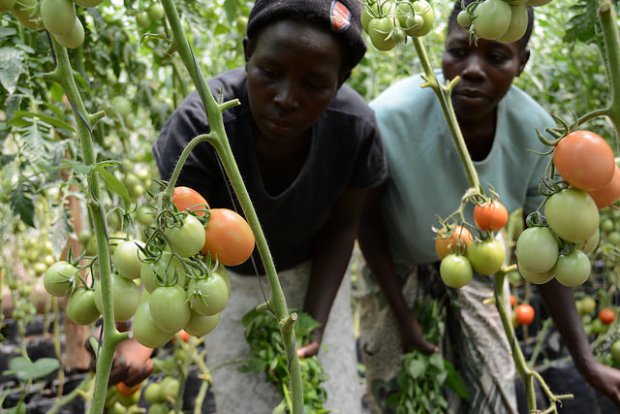 A local youth group is reaping big from climate change adaptation initiatives; inspiring learning within the community.
A local youth group is reaping big from climate change adaptation initiatives; inspiring learning within the community.
“When spider webs unite, they can tie up a lion,” so goes an old Ethiopian proverb emphasizing the value of teamwork.
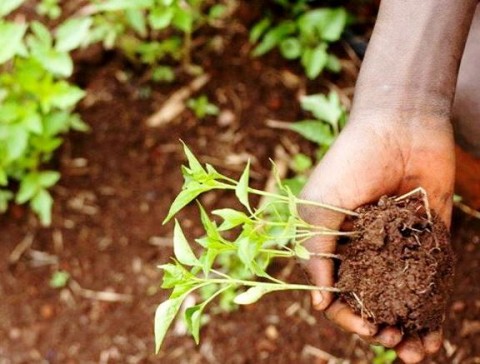 For the first time in history, more than half of the world’s population lives in cities. The demographic fueling urbanization the most is youth, who are 40% more likely than older generations to move from rural to urban areas, often seeking increased access to education, formalized work opportunities, or a better standard of living.1 While young adults pursue prospects far from the rural settings and villages where they were born, who is left to sow the land they leave behind?
For the first time in history, more than half of the world’s population lives in cities. The demographic fueling urbanization the most is youth, who are 40% more likely than older generations to move from rural to urban areas, often seeking increased access to education, formalized work opportunities, or a better standard of living.1 While young adults pursue prospects far from the rural settings and villages where they were born, who is left to sow the land they leave behind?
Says Cherrie Atliano, a young social entrepreneur from the Philippines: “In developing countries, it’s scandalous that the people who produce the food are the poorest and the hungriest. Young people are abandoning the countryside to seek better opportunities in urban areas. We can’t blame them, as they have seen the poverty that farming bestowed upon their parents.”
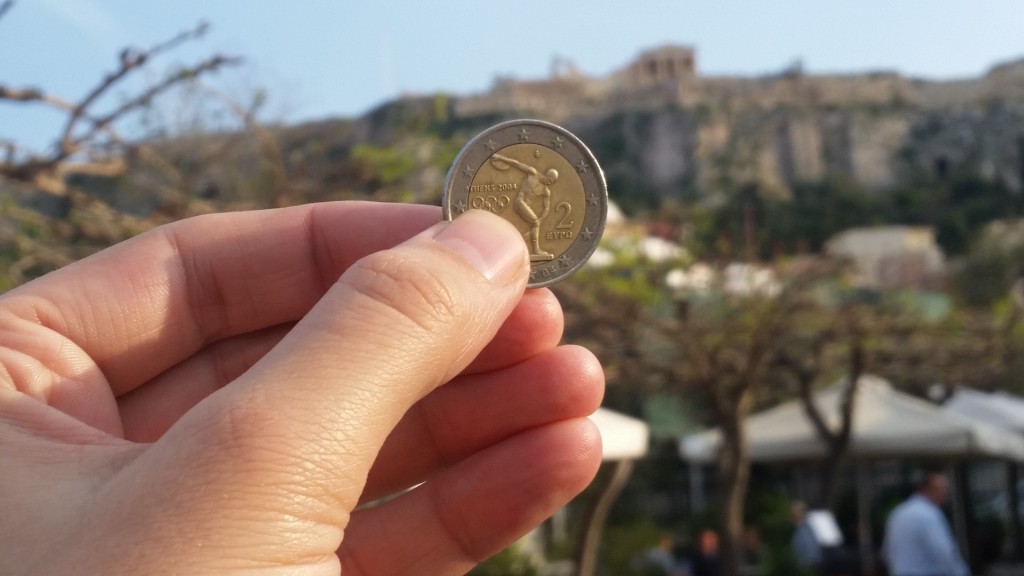 Just a few hours after the Greek government announced a referendum over the fate of Greece’s bailout programmes, banks are shut in the country and capital controls have been set to only 60 € a day. ATM lines are growing throughout Greece, with an estimated €2bn bank run in just 48 hours. With banks to remain closed until July 7th, two days after the referendum, Greek society seems to be polarised around swift decisions that will define the fate of the country for decades to come.
Just a few hours after the Greek government announced a referendum over the fate of Greece’s bailout programmes, banks are shut in the country and capital controls have been set to only 60 € a day. ATM lines are growing throughout Greece, with an estimated €2bn bank run in just 48 hours. With banks to remain closed until July 7th, two days after the referendum, Greek society seems to be polarised around swift decisions that will define the fate of the country for decades to come.
The dark clouds of uncertainty are becoming dense over European summer skies too. The Euro is shaken in the stock markets of Asia and many Italian banks failed to start trading on Monday. With projected losses on possible Greek default at €58bn for Germany, €42bn for France, €39bn for Italy and €26bn for the IMF, the European elites seem rather perplexed -if not downright distressed – by the possibility of Greeks taking the “wrong” decision on next Sunday’s referendum.
 Written by Jaime Manalo, PhilRice Philippines
Written by Jaime Manalo, PhilRice Philippines
The massive youth exodus from agricultural communities poses a threat on the scarcity of future food producers. The Infomediary Campaign in the Philippines tries to address this issue by engaging young people to become infomediaries or information providers in their rice farming community.
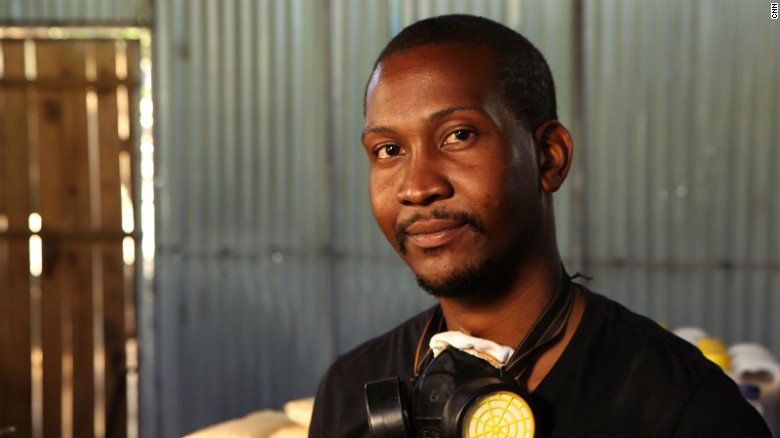 (CNN)The light bulb -- a simple glass shell with a glowing filament that lights our homes, businesses and cities, once night descends.
(CNN)The light bulb -- a simple glass shell with a glowing filament that lights our homes, businesses and cities, once night descends.
A simple convenience most of us take for granted.
 2014: a period of self-reflection for YPARD, followed by planning and mobilisation. With stronger international recognition, a growing role of leading on youth and agriculture in the field and the conclusion of the external review, YPARD took a moment to see what it had achieved and where it should now go.
2014: a period of self-reflection for YPARD, followed by planning and mobilisation. With stronger international recognition, a growing role of leading on youth and agriculture in the field and the conclusion of the external review, YPARD took a moment to see what it had achieved and where it should now go.
The strategic planning meeting in January 2014 was a key moment for YPARD community, its team and its partners to work together to assess the current climate for youth in agriculture and identify where YPARD is best placed to influence, advocate and promote youth, bringing a more dynamic agricultural development that will bring strong leaders to the fore. The outcomes launched the YPARD 2014-2018 business plan, making 2014 the beginning of a new strategic phase.
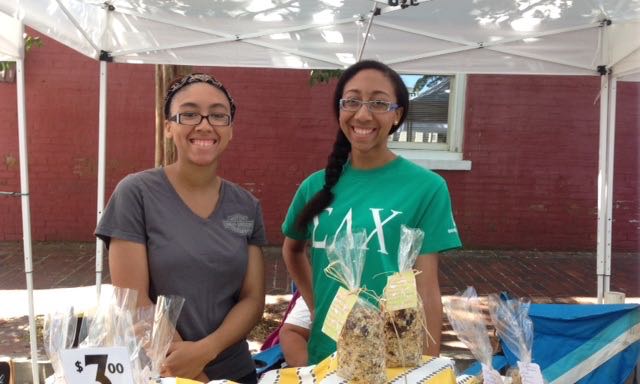 There are hundreds of women who inspire us at Food Tank. They are entrepreneurs, stewards of the land, business owners, researchers, farmers, and innovators, who are the backbone of the world’s food systems.
There are hundreds of women who inspire us at Food Tank. They are entrepreneurs, stewards of the land, business owners, researchers, farmers, and innovators, who are the backbone of the world’s food systems.
In fact, on average, women represent 43 percent of the world's agricultural labor force and 47 percent of the global fisheries labor force, according to the U.N. Food and Agriculture Organization (FAO) and the World Bank. These hard-working women produce more than half of the world’s food despite being less than half of the labor force, and women account for 60 to 80 percent of food production in developing countries. And if the world’s women farmers had the same access to resources as men, 150 million people could be lifted out of poverty, according to the FAO. A crop yield gap of about 20-30 percent between male and female farmers is largely due to differential access to resources and inputs. Women fill this gap by working up to 13 hours per week longer than men in agriculture.
Youth activists and bloggers from around the world are stimulating the public debate in the lead-up to the climate summit in Paris, shadowing negotiators, co-ordinating fossil fuel divestment campaigns at universities and exploring the links between social and environmental problems. Some are students and others work as journalists or community organisers. Here are the ones to read and follow.
Israeli-Canadian Leehi Yona was named Canada’s top young environmentalist, helps coordinate the US youth delegation for SustainUS and leads the college fossil fuel divestment campaign at Dartmouth College. “In 2015-2016, I will conduct research on the intersection of climate change science, policy, and civil society. I write about divestment, the UN, and the Arctic. I blog regularly onAdopt a Negotiator and live-tweet UN negotiations at @LeehiYona,” she says.
第 43 页 共 110 页